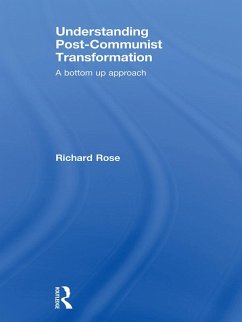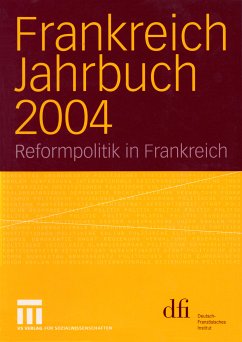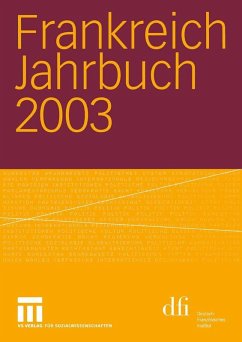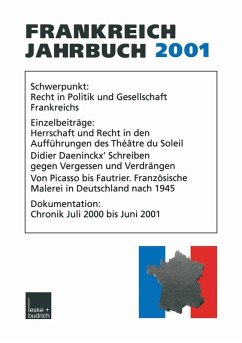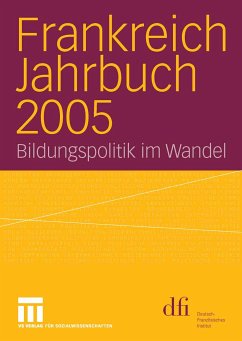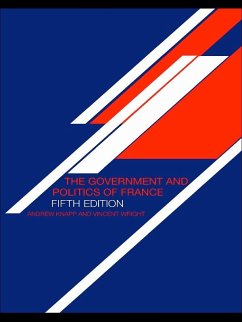
French Politics and Society (eBook, PDF)
Versandkostenfrei!
Sofort per Download lieferbar
41,95 €
inkl. MwSt.
Weitere Ausgaben:

PAYBACK Punkte
21 °P sammeln!
French Politics and Society is the ideal companion for all students of France and French politics with a strong reputation for its lucidity and lively exposition of the French polity. This third edition remains a highly readable text and offers a broad, critical and comprehensive understanding of French politics.The book provides an excellent description of French institutions and ensures readers access to background information through discussing historical developments, political forces, public policy, and the evolution of important aspects of French society.Key updates for the third edition...
French Politics and Society is the ideal companion for all students of France and French politics with a strong reputation for its lucidity and lively exposition of the French polity. This third edition remains a highly readable text and offers a broad, critical and comprehensive understanding of French politics.
The book provides an excellent description of French institutions and ensures readers access to background information through discussing historical developments, political forces, public policy, and the evolution of important aspects of French society.
Key updates for the third edition include:
French Politics and Society is essential reading for all undergraduates studying French politics, French studies, European studies or comparative politics.
The book provides an excellent description of French institutions and ensures readers access to background information through discussing historical developments, political forces, public policy, and the evolution of important aspects of French society.
Key updates for the third edition include:
- extensive updates including the Chirac, Sarkozy and Hollande presidencies;
- inclusion of constitutional and state reform coverage since 2008;
- the French party system and evolution of the French left and right;
- more on France's positioning with regards to Brussels and the impact of the European economic crisis.
French Politics and Society is essential reading for all undergraduates studying French politics, French studies, European studies or comparative politics.
Dieser Download kann aus rechtlichen Gründen nur mit Rechnungsadresse in A, B, BG, CY, CZ, D, DK, EW, E, FIN, F, GR, HR, H, IRL, I, LT, L, LR, M, NL, PL, P, R, S, SLO, SK ausgeliefert werden.






